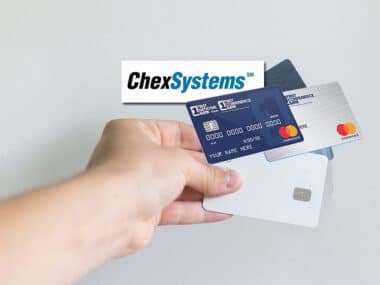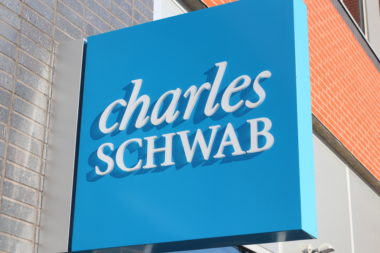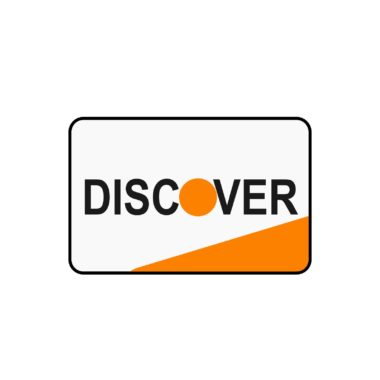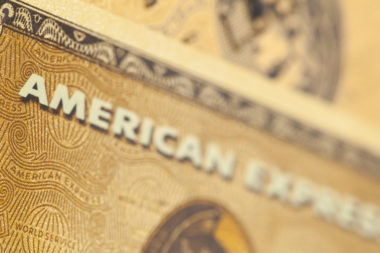Lenders usually require that borrowers have a bank account. If you lack a bank account, applying for a loan can be a challenge. However, this problem is more common than you might think. In 2017, 6.5% of American households did not have a bank account. You may be a member of this demographic for a variety of reasons. Perhaps you cannot get an account because you have bad credit or past financial troubles. Maybe you had a bad experience with a bank and do not want to repeat it.
Though options may seem limited, there are several viable ways to get a loan without a bank account. The unbanked loan option that is best for you depends on a variety of factors.
Table of Contents
Can I Get Loans Without a Bank Account?
Your loan options are admittedly limited if you do not have a bank account. However, it is possible to borrow without a checking or savings account. Loans for the unbanked often come with high interest rates and stiff penalties for non-payment or late payment. At the same time, these loans can help you overcome the financial barrier of not being able to borrow money.
Why Do Lenders Require a Bank Account?
Lenders typically ask for a bank statement or bank information during the loan application process. They want to take stock of your current financial situation and ensure that you have the cash flow or a balance that will allow you to cover the loan payments. Looking at your bank account is one step that they take to assess the risk involved with giving you a loan.
You usually have to list your income on your application, and the lender uses the statement to confirm that the amount that you entered is accurate.
Finally, lenders prefer borrowers who transfer money directly from their bank account. For example, you can set up direct and automatic transfers via the Automated Clearing House (ACH). Lenders then do not have to process a paper check, and further limit their risk because you set up automatic payments.
Types of No Bank Account Loans
Even though traditional lenders require a bank account, unbanked borrowers can find a number of different options.
Title Loan
Title loans involve putting your car up as collateral. Most lenders who offer titles loans require you to be a U.S. citizen or legal resident who is at least 18 years old. You need to prove that you own the vehicle that you use as collateral. You do this by presenting the title to the lender. They hold the title, but you can still use your car while you repay the loan.
Lenders may not require a bank account for a title loan, but they will ask to see a pay stub or other evidence of regular income.
Lenders usually allow you to borrow between 25% and 50% of the car’s value, though the amount may vary. Obviously, the most significant risk with this type of loan is that you will default, and the lender will legally be able to repossess your car. Title loans are typically short-term loans, so you should plan to pay off the loan quickly.
Pawn Loan
Pawn shops will allow you to put up personal property as collateral for a loan. For this type of loan, you need items that a pawn shop can resell in case of default. Such products could include electronics, jewelry, collectibles, or tools. A pawnbroker will typically offer to lend you half or two-thirds of the value of each item. Interest rates and repayment periods vary. Because pawn shops often operate independently, you may be able to negotiate the terms of your loan.
As with the title loan, if you fail to meet the repayment requirement, the pawnbroker keeps your item.
Debit Card Loan
Debit card loans can come from different sources, but they are most often from payday loan providers. With these loans, the lender puts the money on a prepaid debit card rather than depositing it in a bank account. You then promise to repay the loan using money from upcoming paychecks. Some lenders may require that you have a bank account, but they will not expect that you use your bank account for the loan deposit or repayment.
As with payday loans, one of the main drawbacks of debit card loans is that the interest charges and late payment penalties can be very high. According to the Consumer Financial Protection Bureau, the interest rates are 400% annually (APR), on average. You need to pay off the loan within two weeks to avoid additional charges.
Bitcoin Loan
Cryptocurrency is a newer option for individuals without bank accounts. Tech-savvy consumers who want to embrace new finance tools can use Bitcoin as an alternative to traditional currency. Some platforms allow you to put up your Bitcoin as collateral for a loan. These platforms facilitate peer-to-peer loans, which means you deal with an individual lender through the website.
Since you deal with other individuals, the terms for Bitcoin loans can vary. However, the platforms will require that you verify your identity with a valid ID, and some may ask for additional verification steps.
If you are familiar with Bitcoin, this option can be the ideal alternative to a traditional bank loan. However, there are some drawbacks. Cryptocurrencies such as Bitcoin are volatile, so holding them or using them for a loan can expose you to financial risks.
Payday Loan
Payday loans are a type of non-traditional personal loan. They are usually for amounts between $500 and $1,000, and they are typically for people who need a small amount of cash to last until their next paycheck.
Payday lenders do not require collateral, per se, but they do require that you pay off your loan using your upcoming paycheck. To apply for a loan, you need to verify your identity and produce past pay stubs or other evidence of income.
One of the advantages of a payday loan is that you can qualify even if you have a poor credit score. Since the loans are smaller, they are not difficult to manage if you have a regular income.
Because they are unsecured and available to people with poor credit, payday loans come with very high interest rates. Though the payoff period is usually two weeks, you can expect to pay 400% APR.
Some states do not allow this type of lending because of the high interest rates and stiff late-payment or default penalties. These rules protect consumers from unscrupulous lenders or loan sharks.
CDFI Loan
The Community Development Financial Institution, or CDFI, may provide better terms than the other loan options for unbanked borrowers. CDFIs are nonprofits that focus on community development and support for the economically disadvantaged. These entities are not trying to make a profit through high interest rates.
In many cases, CDFI loans get disbursed on prepaid debit cards. They are available for individuals, but some focus on loans for small businesses.
The downside of CDFIs is that they are not as widely available as other types of loans.
Image Source: https://depositphotos.com/





